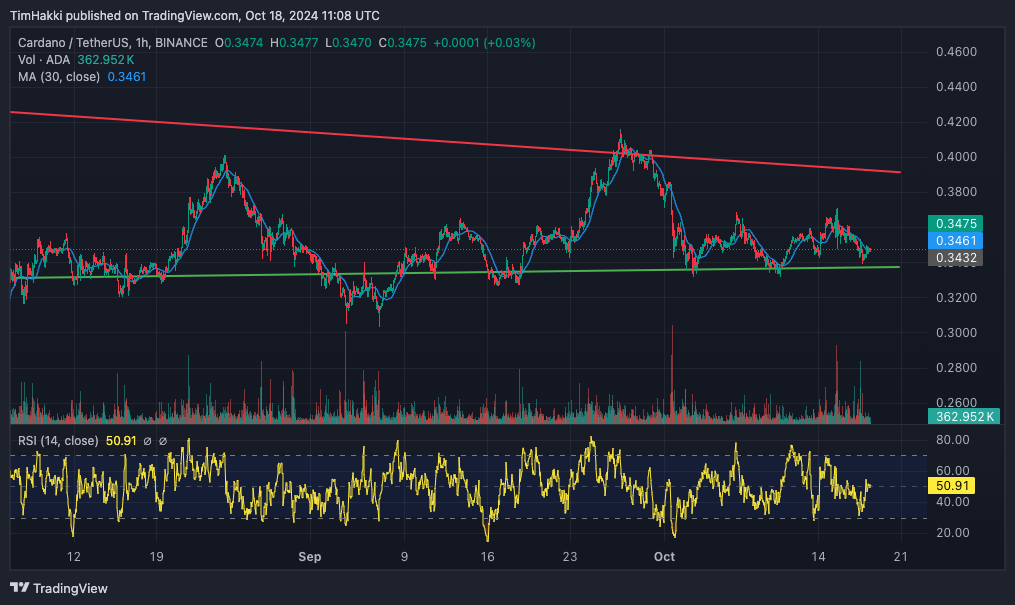Last updated:
 Why Trust Cryptonews
Why Trust Cryptonews

Paul Atkins has been confirmed as the new chair of the US Securities and Exchange Commission, following a 52 to 44 vote in the Senate on Wednesday evening.
The confirmation gives Atkins full authority to oversee the agency that regulates America’s capital markets, enforces securities laws and sets the tone for financial supervision under the Trump administration.
Senate confirmation is a required step for SEC commissioners and chair appointments, giving lawmakers a chance to scrutinize nominees’ policy views and past records.
While presidents nominate SEC leaders, they cannot take office without Senate approval. The process ensures that leadership of a key financial watchdog reflects both executive priorities and legislative oversight.
Atkins Promises Clarity on Digital Assets, Rejects Heavy-Handed Oversight
Atkins is a former SEC commissioner and longtime Wall Street consultant. He is expected to steer the agency in a more market-friendly direction. His nomination was backed by Republicans who view him as a voice for streamlined regulation and crypto innovation.
“His tenure will mark a pivotal moment to roll back harmful Biden-era policies, promote capital formation, and enhance opportunities for retail investors,” said Senate Banking Committee Chairman Tim Scott.
During his nomination hearing, Atkins signaled a shift from the agency’s previous stance. Critics say the SEC had taken a more aggressive approach toward emerging financial technologies.
“I have seen how ambiguous and non-existent regulations for digital assets create uncertainty in the market and inhibit innovation,” he wrote in his testimony. The comment hinted at a likely easing of enforcement in the crypto space.
SEC’s New Chair Inherits Agency at Crossroads of Market Reform
Atkins served as an SEC commissioner from 2002 to 2008. He later founded Patomak Global Partners, a Washington-based advisory firm for banks and financial institutions. He also supported crypto industry interests through his work with the Digital Chamber. There, he pushed for regulatory clarity without heavy-handed intervention.
Last month, Atkins disclosed up to $6m in crypto-related investments in his ethics filing, including stakes in Anchorage Digital and Securitize. His nomination drew criticism from Democrats, including Sen. Elizabeth Warren, who pointed to his support for deregulation before the 2008 financial crisis.
The Senate Banking Committee had advanced his nomination on a narrow 13 to 11 vote. The final vote reflected deep partisan divisions. Still, Atkins’ confirmation was widely expected since Trump had signaled a desire to overhaul financial regulation and replace outgoing chair Gary Gensler.
Now confirmed, Atkins will lead the SEC during a pivotal period. The agency is facing market structure reforms and growing pressure around digital asset oversight. It is also confronting broader questions about the future role of federal financial regulators.



